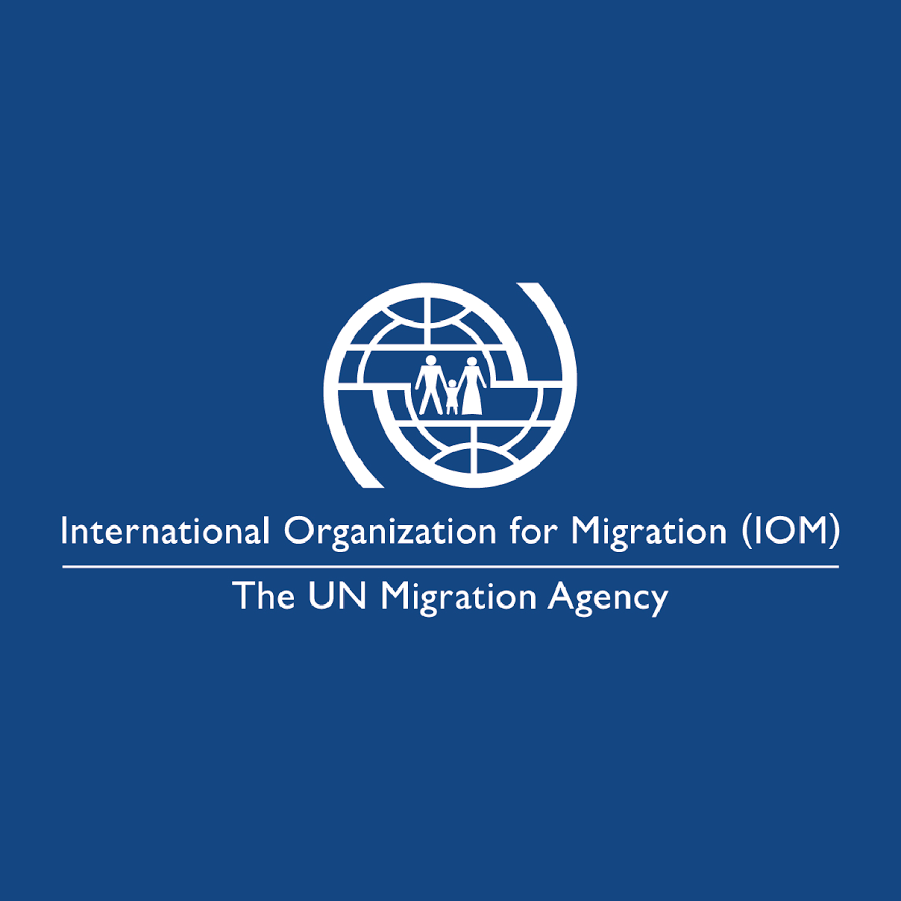
Breaking with decades of tradition, the International Organization for Migration (IOM) decisively voted against the candidate proposed by the United States, the agency's largest funder. The snub was clearly a vote against President Trump's immigration policies. It remains to be seen whether the Trump administration will respond by cutting funding for the IOM.
In late June the member states of the IOM gathered in Geneva and elected Antonio Vitorino, a Portuguese Socialist Party politician and former European Union commissioner, to be the United Nations migration agency's next Director General. The U.S. candidate, Ken Isaacs, an official with the Christian aid organization Samaritan's Purse, came in third, behind Vitorino and the IOM's current deputy director-general, Laura Thompson of Costa Rica.
IOM has had only one director-general who wasn’t American since its creation in 1951: Bastiaan W. Haveman from the Netherlands led the agency from 1961 to 1969. Vitorino, the new chief, will succeed longtime U.S. diplomat William Lacy Swing, who served two terms as IOM chief (2008-2018) and is set to leave in September.
That the nay votes were meant for President Trump (and less so for candidate Isaac), was plain from the comments of many observers.
Mark Hetfield is head of the Hebrew Immigrant Aid Society (HIAS), one of the nine domestic resettlement agencies, called voluntary agencies or "volags", that work with, and are funded by, the Department of State to resettle refugees inside the United States and which collaborates closely with IOM. Hetfield commented on Isaacs' elimination from the voting: "This IOM election really was not about Ken Isaacs, for whom I have a lot of respect as a humanitarian. The election was an international referendum rejecting President Trump and his xenophobic, Islamophobic and isolationist policies."
Another report noted that former Obama administration official Jeremy Konyndyk "argued in a statement that the result represented a rejection of “the Trump administration’s own views on migration."
The Associated Press wrote that "One diplomat said 'the change is surprising,' before alluding to Trump: 'Maybe he will get the message.'"
And the New York Times echoed the sentiment: "Migration Agency Picks a New Leader, and Sends Trump a Message".
But the president might send his own message in reply.
Follow the Money
The IOM was founded in the wake of World War II and describes itself as "committed to the principle that humane and orderly migration benefits migrants and society." The IOM also plays a key role in refugee resettlement (including the U.S. refugee program) by providing a number of resettlement support activities: "facilitation of selection missions and case processing; health assessments and travel health assistance; movement and travel operations and addressing integration pre-departure and post-arrival."
IOM joined the United Nations system as a related organization in September 2016, following an agreement signed during the UN Summit for Refugees and Migrants in New York. It counts 169 Member States, with further 8 states holding observer status.
Writing about the selection of the new IOM chief, the Associated Press noted, "[p]laying in Isaacs' favor, along with the legacy of U.S. leadership, was money: The United States is traditionally the single biggest donor to the IOM."
The Brookings Institution last year looked at "Who funds which multilateral organizations?" It analyzed recurrent grant funding across 53 major international entities, including 34 UN organizations and 19 organizations separate from the UN system for the period 2014 to 2016. The IOM's annual budget averaged $1.3 billion during that period, of which 35 percent came from the United States. Peru, curiously, was the next largest source of funds, at 14 percent, and the European Union, at 10 percent.
The IOM's "Programme and Budget for 2018" shows a slightly lower share from the U.S., but the same pattern: About 28 percent from the U.S., with no other country contributing more than 8 percent.
Although the State Department issued a conciliatory statement after Isaacs' rejection by the IOM, the possibility of a cut in funding remains. The Trump administration's FY2018 budget proposal doesn't specify individual international organizations, but does note that "[t]he amount the U.S. would contribute to the UN budget would be reduced."
A writer for the Council on Foreign Relations notes that “[t]he next opportunity for the United States to negotiate its assessed contributions with the UN will be fall 2018."
That may be an opportunity for President Trump to respond to the IOM's "message" with one of his own.
